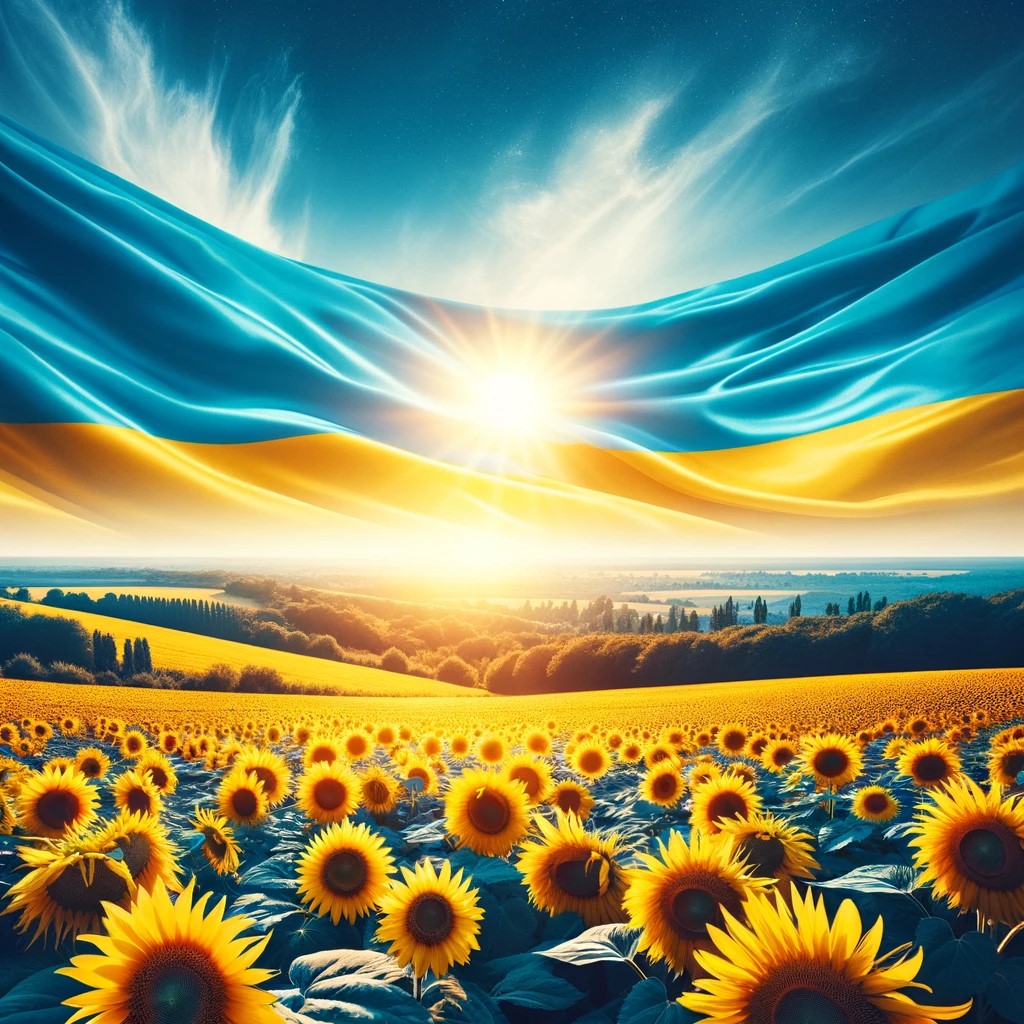In the heart of Eastern Europe, the conflict in Ukraine stands as a testament to the resilience of its people and the complexities of modern geopolitical struggles. Since 2014, the nation has been trapped in a conflict that has not only reshaped its borders but also its identity, sovereignty, and place on the world stage.
The Genesis of Conflict
The conflict was ignited by a series of events that rapidly escalated following Ukraine’s decision to pivot towards the European Union, diverging from its historical ties with Russia. The annexation of Crimea by Russia in March 2014 and the subsequent support of separatist movements in the Donbas region marked a sharp turn in Ukraine’s post-Soviet history. These actions not only violated international laws and agreements, but also posed direct challenges to Ukraine’s territorial integrity and sovereignty.
A Battle on Multiple Fronts
The conflict in Ukraine is not solely a military confrontation. It is a complex struggle encompassing economic sanctions, energy dependency, cyber warfare and a battle for the hearts and minds of people both within and outside the country. The international community’s response has been a mix of condemnation, sanctions against Russia, and support for Ukraine, yet the path to peace remains elusive.
Humanitarian Crisis and Resilience
The human cost of the conflict has been devastating. Hundreds of thousands have lost their lives and millions have been displaced, leading to a significant humanitarian crisis. Despite the challenges, the resilience displayed by the Ukrainian people has been remarkable. Volunteers, civil society and international NGOs have rallied to provide aid, medical care, and support to those affected by the conflict.
The Role of International Diplomacy
International diplomacy has been central to attempts to resolve the conflict. The Minsk Agreements, brokered by the Organization for Security and Co-operation in Europe (OSCE), aimed to halt the fighting and provide a framework for political resolution. However, the implementation of these agreements has faced significant hurdles, and the conflict remains frozen, with sporadic outbreaks of violence.
Looking Forward
The conflict in Ukraine is a stark reminder of the enduring challenges of post-Soviet transitions, the fragility of international law and the complexities of regional politics. The resolution of this conflict requires not only diplomatic negotiations, but also a genuine commitment to the principles of sovereignty, territorial integrity and the right of nations to determine their own destiny.
As the world watches, the spectrum of war continues to rise on a path fraught with challenges, while the hope for a peaceful and sovereign future fade away. The war’s resolution seems contingent on either a comprehensive defeat of Russia, backed by Western support, or through negotiated peace efforts, albeit with the significant challenge of addressing Russia’s ambitions and securing Ukraine’s sovereignty without capitulation.
Continue reading on our website…

